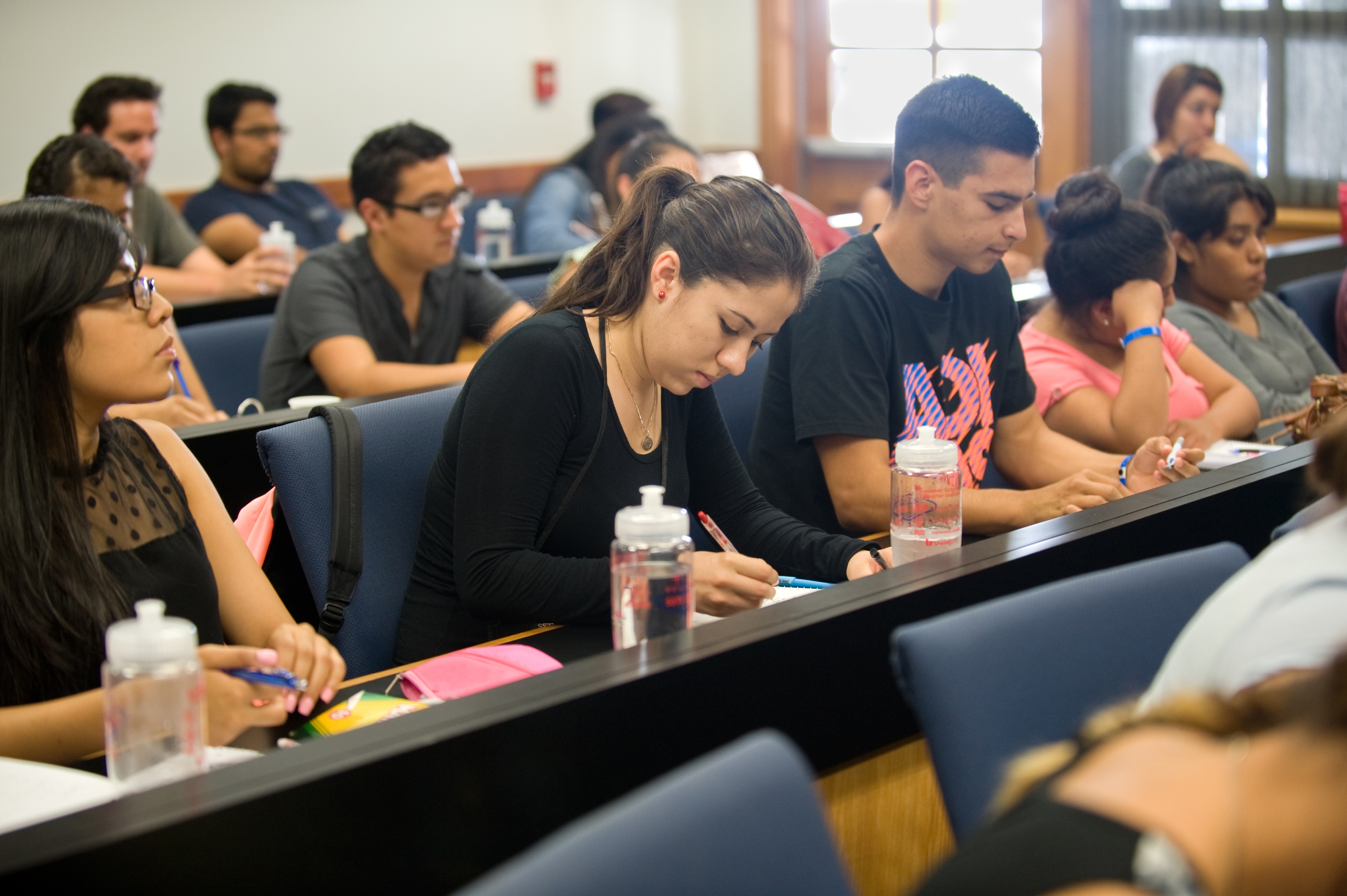What Is Academic Misconduct?
Section 1

What is Academic Misconduct?
As stated in the UCI Academic Senate Policy on Academic Integrity: "The University of California, Irvine is an institution of learning, research, and scholarship that is strengthened by the existence of an environment of integrity... It is essential that all members of the University practice academic integrity and accept individual responsibility for their work and actions. Violating the Academic Integrity Policy is unacceptable, devaluing the teaching and learning experience for the entire community."
"All students are expected to complete a course in compliance with the Instructor's standards. No student shall engage in any activity involving any Academic Integrity Policy Violations. No student shall engage in any activity that involves attempting to receive a grade by means other than honest effort, and shall not aid another student who is attempting to do so."
As stated in the Procedures for Resolution of Cases of Academic Integrity Policy Violations: "Academic integrity applies equally to electronic media and print, and involves text, images, and ideas. Violations include but are not limited to the following examples:"
Cheating
- Copying from others during an exam.
- Asking or allowing another person to take an examination for oneself.
- Sharing or collaborating on answers for a take-home examination or assignment unless specifically authorized by the instructor.
- Tampering with an examination after it has been corrected, then returning it in an attempt to earn more credit.
- Using unauthorized materials, prepared answers, written notes, or other information concealed in a blue book or elsewhere during an examination.
Dishonest Conduct
- Stealing or attempting to steal an examination or answer key from the instructor.
- Submitting substantial portions of the same work for credit in more than one course without consulting all instructors involved.
- Falsifying or forging academic documents or records.
Plagiarism
Plagiarism is intellectual theft. It means use of the intellectual creations of another without proper attribution. Plagiarism may take two main forms, which are clearly related:
- To steal or pass off as one's own the ideas, words, images, or other creative works of another.
- To use a creative production without crediting the source, even if only minimal information is available to identify it for citation.
- Credit must be given for every direct quotation, for paraphrasing or summarizing a work (in whole, or in part), and for information which is not common knowledge.
Collusion
Any student who knowingly or intentionally helps another student perform any of the above acts of cheating or plagiarism is subject to discipline under the Academic Integrity Policy. Examples of collusion include:
- Allowing others to do the research and writing of an assigned paper (including use of the services of a commercial term-paper company).
- Allowing another student to copy one's own work.
- Taking an examination or completing course work for another student.
- Communicating exam answers to other students during an examination or communicating examination question to students who will take the same examination later.
